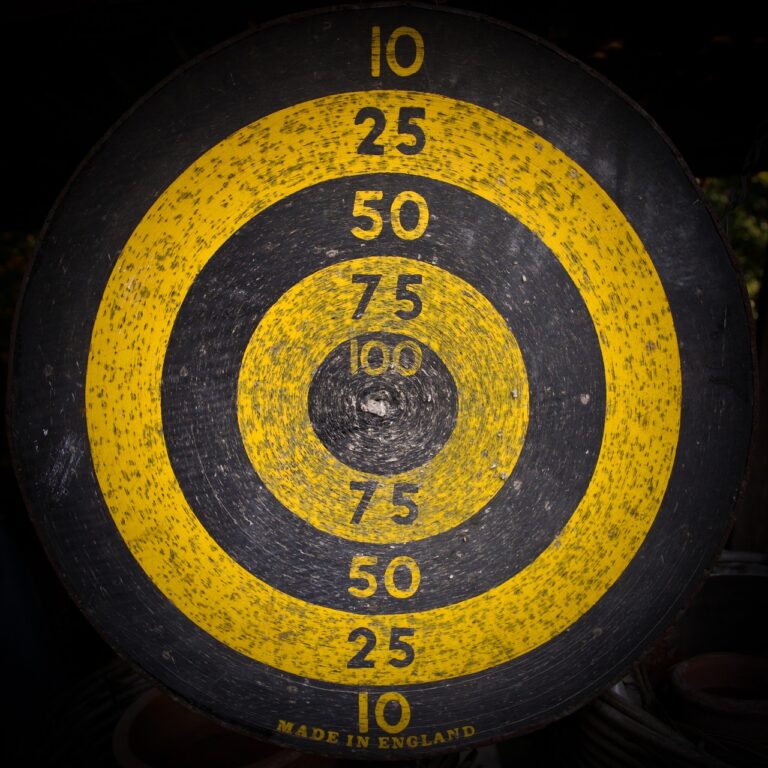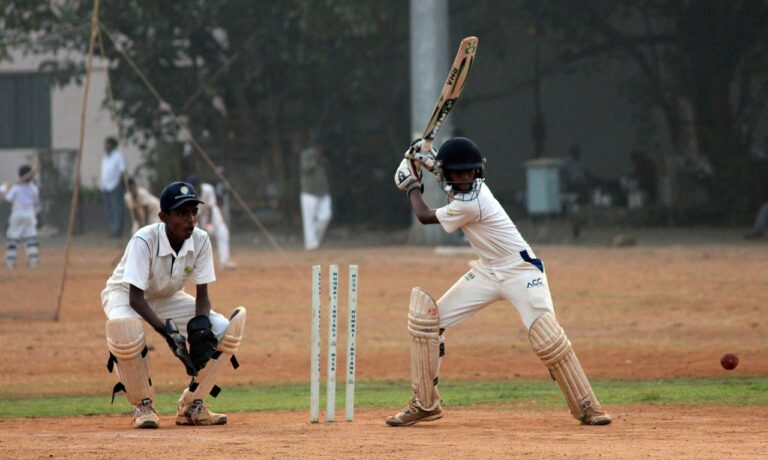Managing Multinational Player Teams in IPL
11xplay reddy, laser 247 betting, skylivecasino:The Indian Premier League (IPL) is one of the most popular cricket leagues in the world, featuring a mix of top international players and talented local talent. With a total of eight teams competing in the tournament, each team consists of players from all over the globe, making it a truly multinational affair.
Managing multinational player teams in the IPL can be a challenging task, as it requires not only managing players from different cultures and backgrounds but also ensuring that they work together as a cohesive unit. In this blog post, we will take a closer look at some strategies for effectively managing multinational player teams in the IPL.
1. Building a Strong Team Culture
One of the keys to managing a multinational player team in the IPL is to build a strong team culture. This involves creating an environment where all players feel valued and respected, regardless of their nationality. By fostering a sense of unity and togetherness among the team members, you can help them work together towards a common goal.
2. Effective Communication
Effective communication is essential when managing multinational player teams in the IPL. It is important to ensure that all players understand each other and are on the same page when it comes to tactics and strategies. This can be achieved by using a common language for communication, such as English, and by encouraging open and honest dialogue among team members.
3. Cultural Sensitivity
Cultural sensitivity is another important factor to consider when managing multinational player teams in the IPL. It is essential to be aware of and respectful of the cultural differences among team members, as this can help prevent misunderstandings and conflicts. By promoting cultural awareness and inclusivity, you can create a harmonious team environment.
4. Emphasizing Teamwork
Teamwork is key to success in the IPL, and this is especially true when managing multinational player teams. Encouraging players to work together and support each other can help create a cohesive and high-performing team. By emphasizing the importance of teamwork, you can help foster a strong team spirit and sense of camaraderie among players.
5. Resolving Conflicts
Conflicts are bound to arise when managing multinational player teams in the IPL, but it is important to address them promptly and effectively. Encouraging open communication and dialogue can help resolve conflicts before they escalate and impact team performance. It is also important to be fair and impartial when addressing conflicts and to ensure that all players feel heard and respected.
6. Providing Support
Managing multinational player teams in the IPL can be a demanding task, and it is important to provide support to team members as needed. This can include offering mental health resources, access to language and cultural training, and facilitating communication between players and coaching staff. By providing support to team members, you can help them perform at their best on the field.
In conclusion, managing multinational player teams in the IPL requires a combination of strong leadership, effective communication, cultural sensitivity, and teamwork. By following these strategies, you can help create a positive and inclusive team environment where players can thrive and succeed.
FAQs
Q: How do you handle language barriers among multinational player teams?
A: Language barriers can be challenging, but using a common language for communication, such as English, can help bridge the gap. It is also important to provide language training and support to players as needed.
Q: How do you promote cultural awareness among team members?
A: Promoting cultural awareness can involve organizing cultural exchange events, celebrating diverse holidays and traditions, and encouraging open dialogue about different cultures. By promoting cultural awareness, you can help foster mutual respect and understanding among team members.
Q: What is the role of the team captain in managing multinational player teams?
A: The team captain plays a crucial role in managing multinational player teams, as they are responsible for leading by example, fostering teamwork, and resolving conflicts. The captain should promote inclusivity, communication, and unity among team members to ensure success on the field.







